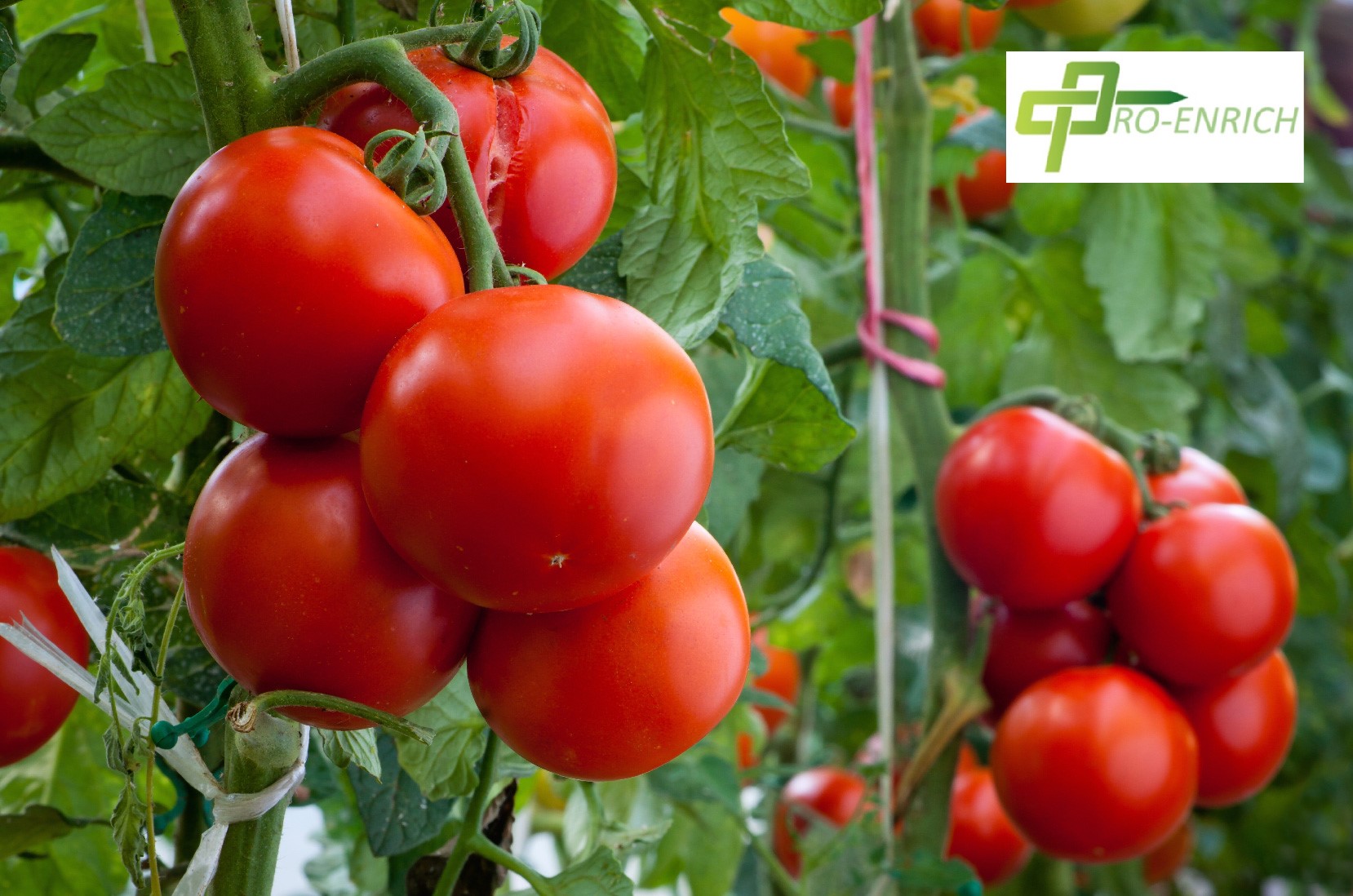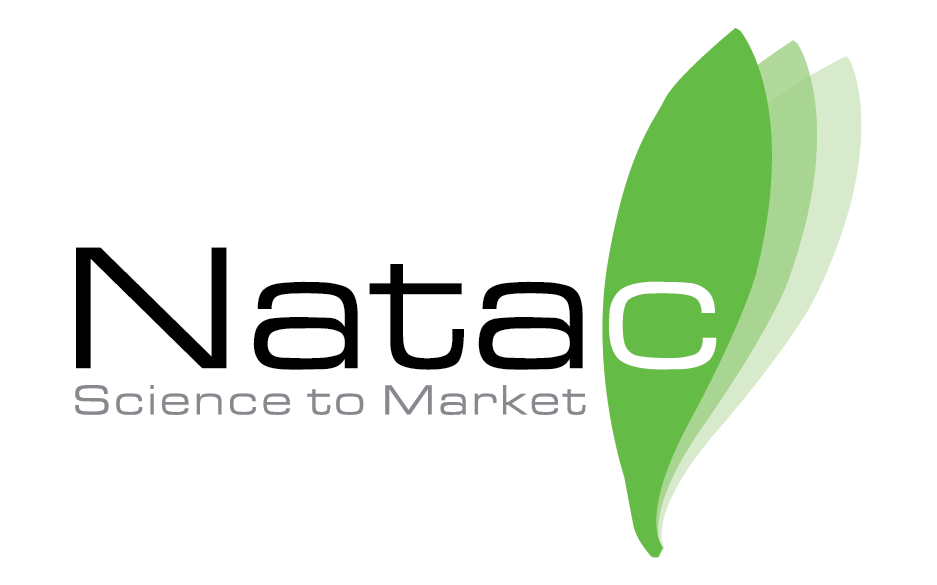Natac extracts proteins and antioxidants from tomato residue
The tomato is a widely spread crop throughout the world, it has important production areas in many countries and has managed to position itself as one of the pillars of world vegetable production. According to FAO (Food and Agriculture Organization) estimates, tomatoes are one of the most widely grown vegetables: fresh consumption by citizens and industry are the two main production destinations. However, higher production also means more residue generation.
The main problems affecting the amount of generated tomato by-products are: physiological problems in the crops and in storage (mainly due to genetic and environmental factors) and inefficiencies in the processing of raw material in the production plants, where about 13% of the fruits in a packing plant are lost as residue.
Today, different entities with European projects are working on solutions to problems like this. Natac is a Spanish biotechnology-based company specializing in the research, development and marketing of natural ingredients of plant origin. It identifies specific market needs to develop a range of highly differentiated bioactive products that can be used in the value chain.
Natac is one of the partners in the Pro-Enrich project (grant agreement 792050). One of the project objectives is the development of biorefineries capable of processing the residue derived from tomato production. Through the optimization of existing biomass fractionation technologies and the development of new approaches to the extraction of bioactive compounds, the isolation and purification of tomato compounds such as proteins and carotenoid pigments is being carried out. Within the Pro-enrich project, Natac is also working on the recovery of different by-products from the tomato industry, a key process in the project.
Currently, the final products based on tomato residues being developed in the project are: protein extract from tomato seeds and lycopene extract from tomato skin (20-25% lycopene).
These products have uses in various sectors (human food, animal nutrition, cosmetics, nutraceuticals and adhesives) and provide a solution to a great need: the need for new ways of using tomato residue and high-protein compounds with antioxidant characteristics on the market, such as lycopene.
The Pro-Enrich project has been funded by the Bio-Biobased Industries Joint Undertaling (BBI JU) in the framework of the European Union’s Horizon 2020 research and innovation program through call H2020-BBI-JTI-2017.




